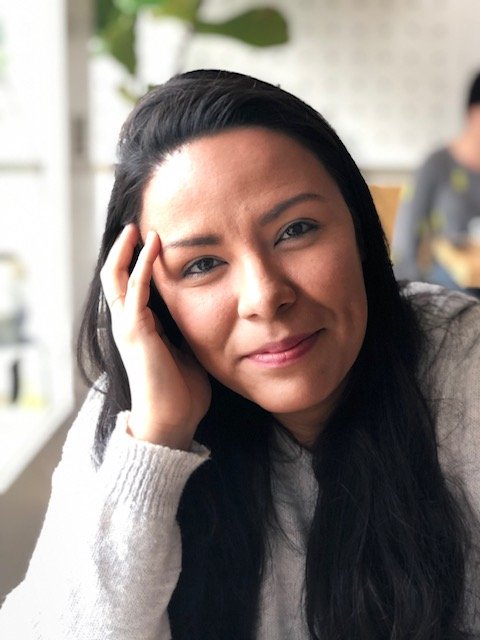
Activism and Mental Health: Why Is Activism Important
Activism as a Healing Path for Trauma Survivors. Activism is a powerful avenue for mental health and trauma healing and transformation, particularly for trauma survivors seeking to channel their experiences into positive change. It is crucial for survivors to approach activism and mental health with self-compassion, awareness, and a deep understanding of their triggers.

Coping with the Holidays: Skills and Self Care for Trauma Survivors
Togetherness can be fun, joyful, and fulfilling for many people. Yet, for many others, the idea of coming together with certain friends and family can be triggering, isolating, distressing, and anxiety-provoking.
Below, I have outlined core skills to use whenever we think our sensitivity is high.
Radical Acceptance
Mindfulness
Self and Sensory Soothing
Boundaries with people, time, and content.

Understanding Someone with BPD: Complex Trauma and PTSD
BPD, PTSD, and Complex PTSD are complex mental health conditions that are deeply intertwined with experiences of trauma. As we know, trauma—whether it be from childhood abuse, neglect, or other distressing events—can have a profound impact on an individual's psychological well-being.

Trauma Informed Community: Group Therapy for Trauma Survivors
Trauma Informed Community: Group Therapy for Trauma Survivors. Trauma informed community is vital for supporting survivors in trauma healing. Group therapy for trauma survivors can be a safe and helpful way to connect to community and continue to work toward trauma healing.

Borderline Personality Disorder (BPD) and Trauma
Many people with Borderline Personality Disorder (BPD) and trauma struggle to find good therapy, and therapists who are effective to work with. While it is very possible to treat Borderline Personality Disorder (BPD) and trauma and offer people tremendous relief, that can be hard to find. In this post, I discuss Borderline Personality Disorder (BPD) and trauma, and how the two are linked and how to find helpful therapy.

Assumptions About Survivors with Sarahi Gutierrez
In this blog post, I’m talking with my colleague and good friend, Sarahi Gutierrez, about the 10 Assumptions of Survivors. I personally consider Sarahi quite the expert in DBT. She is so masterful at engaging in this intervention, so I wanted to get her insight into how these assumptions can shape how we engage with survivors in the world and in the community, how we can engage with ourselves, and why these are so important.

10 Assumptions About Survivors
These are assumptions (or beliefs) that we should make an active choice to ascribe to as a way of interacting with survivors that’s actually helpful and effective and truly sees survivorship for what it is. Understanding that survivorship is a very unique experience and the transactions that survivors have with the outside world significantly influence their recovery is crucial. When the environment can hold beliefs about survivors that are more accurate, effective, and true to their experience, we can be more effective at helping survivors, dismantling rape culture, and ending sexual violence altogether.


